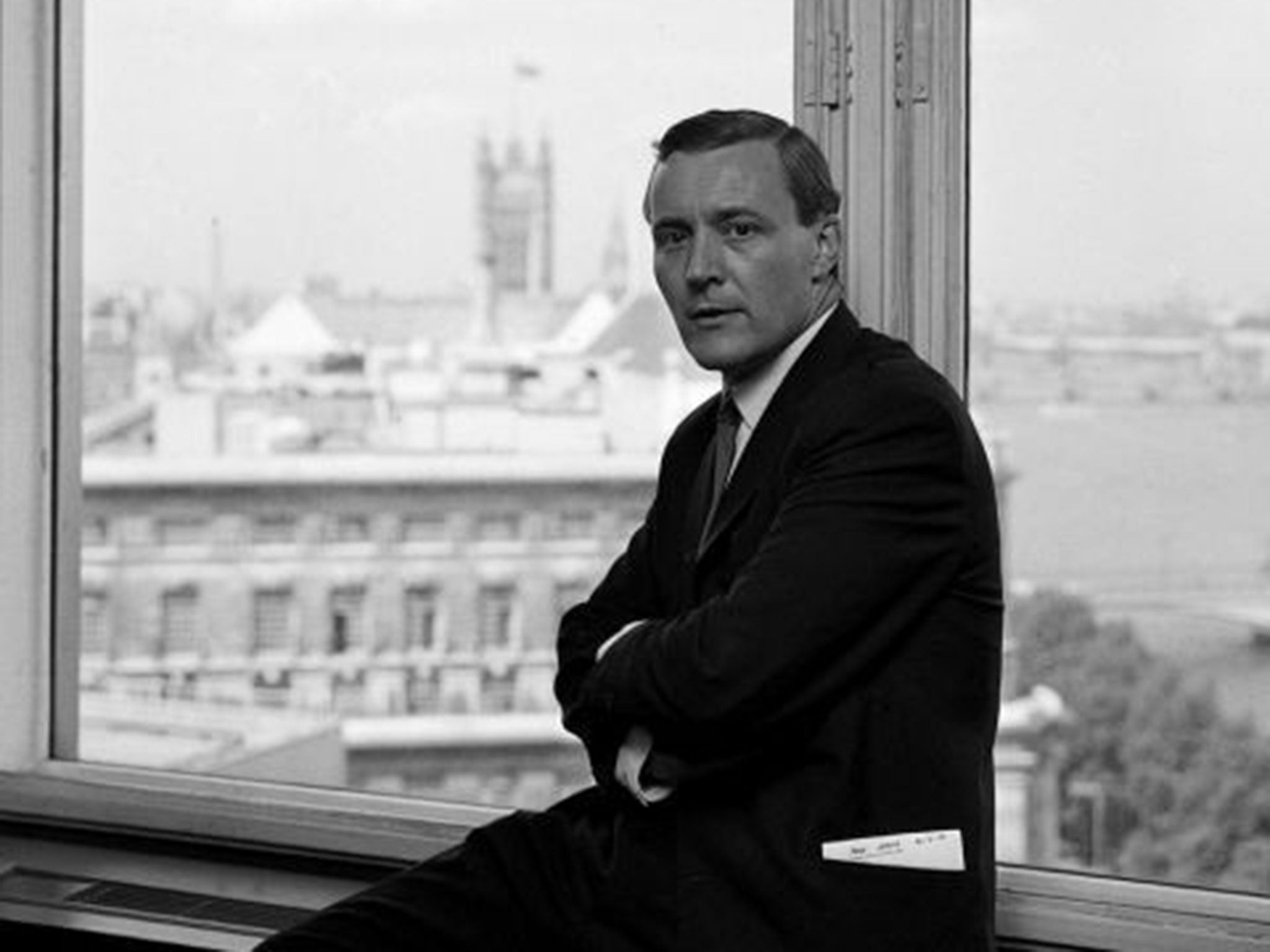David Blunkett: Tony Benn missed his chance to make a real difference
He was charming, persuasive, and sometimes deeply frustrating


Much will be written about the remarkable political contribution of Tony Benn in the weeks ahead. I have been reflecting on what he had in common with another teacher and thinker. Karl Marx.
Both understood and appreciated the significance of history. Both were able to inspire followers by analytical thought. Both, however, reflected the mistake of believing that interpretation of values should not be affected by either change in circumstance or human nature. What I mean by this is the contradictions which led the Tony Benn of the 1960s “technological revolution” – in his role as Technology Minister – to see how critical change would be in a rapidly globalising economy, and then reject those lessons in what he describes as his drift leftwards.
It was Tony Benn’s belief that politics was about people not politicians, and that it was possible in the community and at work to turn engagement into tangible beneficial outcomes, that really caught my imagination from the 1960s.
But paradoxically, it was also the stubborn refusal to see how the world was changing and a scepticism bordering on cynicism about formal politics leading to betrayal that led me to question where the political activist in Tony Benn was taking us.
Charming, persuasive, and sometimes deeply frustrating, what you would learn from Tony Benn was to think for yourself. That in turn, as time passed and the world moved, would lead you away from adherence to what 30 years ago became known as Bennism. That is of course why Melissa, Joshua, Stephen and Hilary thought for themselves. Their dad and their mum were great teachers and proponents of developing a questioning mind.
It was not even the apparent unwillingness to compromise which caused my frustration. After all, Tony did not leave the Wilson or Callaghan governments as they implemented policies he detested and refused to implement those he espoused. No, it was that someone with such a gift for turning genuine understanding of political processes and the gift of oratory to inspire others to want to be involved, should have thrown away the chance to make a lasting difference by seeing adjustment to changing circumstance as an overriding strength rather than in the end a weakness.
Just think what might have been if from the mid 1970s Tony Benn had developed a sufficiently popular alternative to the growing confidence of the political right across the world?
As what became known as the New Enlightenment captured the imagination of our opponents, Labour was still stuck in a bygone era, ceding the intellectual high ground as well as failing to relate to the very electorate Tony genuinely believed he spoke for. In the end, however, there will be a lasting legacy. Contradictions or otherwise, he was entirely right that people in their own lives, by participating in all sorts of ways in the political process (even when they don’t acknowledge they’re doing it), can and must change the world for the better.
Caroline Benn was right. When he left Parliament he did not leave politics and, as we will see, it is his death that will leave politics the less interesting, thought-provoking and inspiring.
David Blunkett was a Labour Cabinet minister 1997-2005ovoking and yes, inspiring.
Join our commenting forum
Join thought-provoking conversations, follow other Independent readers and see their replies
Comments
Bookmark popover
Removed from bookmarks